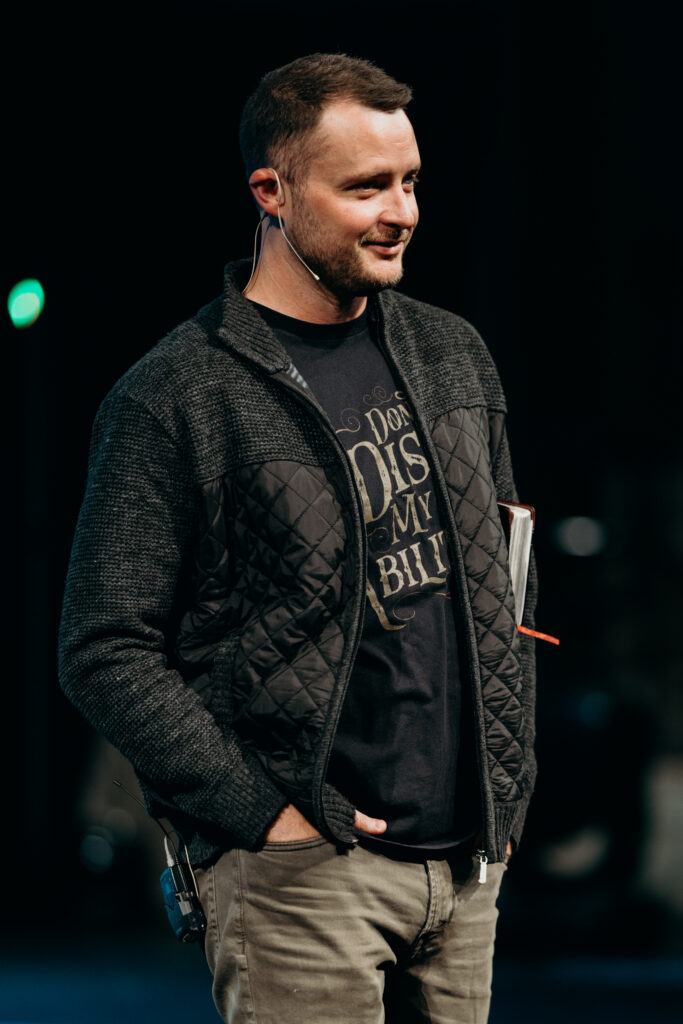I started to write this post with some really wordy paragraphs about church growth and ministry strategy but it sounded lame so I deleted it. Instead, let me admit to you what one of my biggest struggles has been.
I struggle with a constant feeling of insufficiency. Why? Because I’m a doer. Because I’m in a position of leadership and far too often I choose to wear the pressure of having to make things work. Because I bought into the idea long ago that if my church or ministry is going to grow, I have to make it happen. We have to have the right people. We have to design the right program. We have to offer the right kinds of events, teaching series, or opportunities. We have to play the right games. You get what I’m saying, right?
Here’s what I discovered a little while ago that I keep coming back to and am only now beginning to understand. In Matthew 16, Jesus asks his followers a question.
“Who do people say I am?”
They answered based on what they had heard. Some people thought that Jesus was John the Baptist, sent by God to get revenge against Herod. Some people thought He was Elijah, sent to proclaim that the Messiah was coming. But Peter knew better. He didn’t hesitate.
“You ARE the Messiah, the Son of the living God.”
Bingo. That’s what Jesus was looking for. He answered,
“Blessed are you, Simon son of John, for this was not revealed to you by flesh and blood, but by my Father in Heaven. And I tell you that you are Peter, and on this rock I will build my church, and the gates of Hades will not overcome it.”
There are two things that jump out of Jesus’ response.
First, Jesus didn’t tell Peter to build the church. He didn’t even tell the whole team to collectively build the church. He said, “I will build my church.” He’s going to build it, with or without us, so we don’t have the wear the pressure of feeling like it depends on us. In fact, I’ve found that the more I buy into that thought process, the less likely I am to see God working because I’m focusing more on my role and less on inviting Him into the process.
Realizing that truth is liberating in more than one way. Besides the fact that we suddenly understand that we don’t have to be the one to build the church, we also realize that the church will not fail because of our shortcomings. If we do it right by centering the church around Jesus and not ourselves or anyone else, the church will thrive. I mean, if the very power of Hell can’t defeat the church, how could I even if I tried?
But here’s the second, and maybe even more exciting, truth. What did Peter have to do for Jesus to make that promise? He didn’t have to jump through hoops, follow a model, or build a building. All he had to do was confess Jesus. That’s it.
So what I take away is simply this: Jesus will build His church regardless of my talents, abilities, gifts, or lack thereof (Tweet this), and the best thing I can do is recognize that and simply confess to myself and others that it’s all about Him.
I’m learning that when I feel inadequate or insufficient, there’s a good chance that’s the Holy Spirit reminding me that I am. And I’m learning to be ok with that. Not that I quit striving to be more like Jesus, and not that I don’t give my all for the cause I believe in, but I find peace in the realization that Jesus promised to do the heavy lifting if I just get out of His way.


